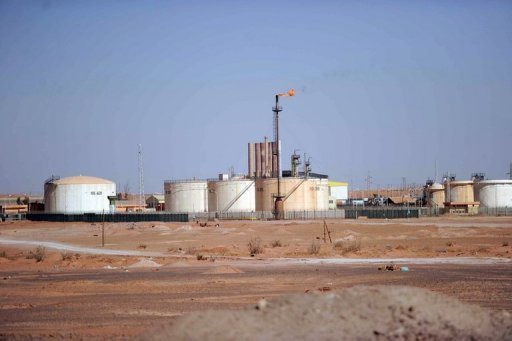CAIRO: Local banks have adopted a more conservative stance towards lending in foreign exchange following a restriction in foreign currency supply resulting from the international financial crisis.
Central Bank of Egypt (CBE) governor Farouk El-Okdah submitted a report last week to Prime Minister Ahmed Nazif that indicated a drop in the CBE’s foreign assets of nearly LE 61.2 billion to $31 billion during the period from July 2008 to April 2009, Al-Mal reported Tuesday.
Despite this, the CBE has yet to make an official request to local banks to restrict foreign currency lending.
“We have not received any specific instructions regarding foreign currency lending; Credit Agricole will abide by the recommendations of the Central Bank of Egypt but to date they have not issued any official requests, Managing Director of Credit Agricole Henri Guillemin told Daily News Egypt.
According to Elena Sanchez, a banking expert at Cairo investment bank EFG-Hermes, the CBE has not needed to make such a request as local banks have already constricted foreign currency lending as a result of current economic circumstances.
“I do not think it is the central bank trying to stop banks lending in foreign currency; it is more of a market dynamic that started since the end of last year, she said.
“Up to then, lending in foreign currency had been strong, and mainly driven by long-term project finance. Banks are not willing to engage in such projects – to commit in USD lending for a long period of time – given the decline in liquidity in foreign currency, Sanchez continued.
The impact of the economic crisis on some of Egypt’s major foreign exchange sources has added to the trend of decreased foreign currency revenues at local banks, according to Monsef Morsy, a research associate at Pharos Holding in Cairo.
“Revenues from tourism, Suez Canal, foreign direct investments, and transfers from expatriates have been dropping significantly since the beginning of the crisis which aggravated banks’ reluctance to lend in foreign currency. This was reflected on the decline in foreign reserves and the value of foreign assets in the system, he said.
“I believe that the reluctance of banks to lend in foreign currency comes mainly as a result of the restrictions imposed by the CBE which prohibit banks from expanding much in extending credit in foreign currency on the back of the drop in the country’s sources of foreign currency, Morsy continued.
Reforms implemented previously by the CBE have helped protect the local foreign currency supply since the onset of the crisis, and the bank has taken pains in recent weeks to enforce these reforms to preserve reserve levels.
“There is a CBE regulation that has been in place for some time saying that if you are a company you cannot borrow in foreign currency unless your revenues are also denominated in foreign currency, so this is nothing new for local banks, explained Sanchez.
Whether foreign currency lending will be able to regain previous levels will depend on the country’s ability to bounce back from the effects of the financial crisis and attract higher foreign currency revenues.
Morsy, however, predicts increased foreign currency restrictions for the foreseeable future.
“I believe that the coming period will witness further restrictions on lending in foreign currency so as not put pressure on the Egyptian pound which is one of the CBE’s top priorities.


